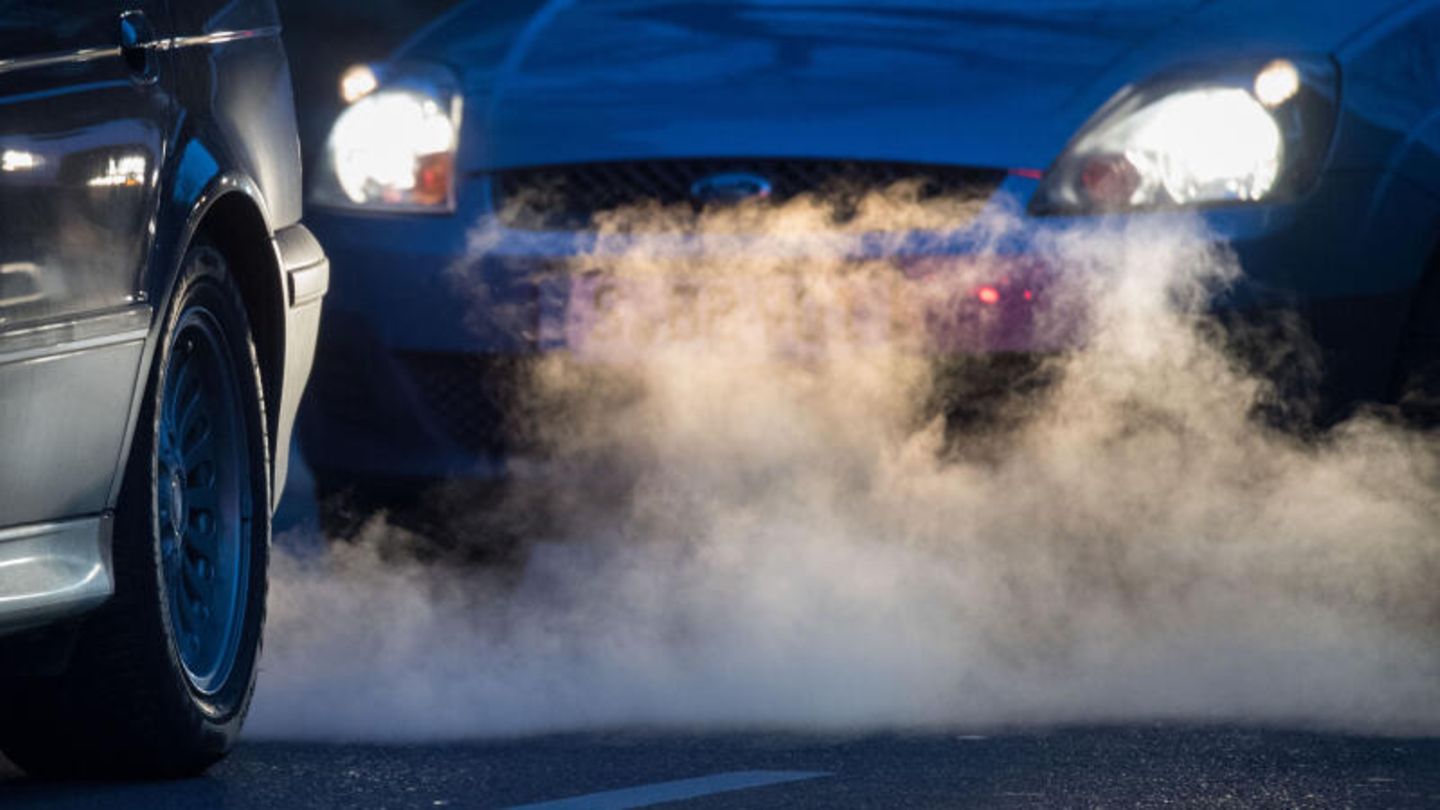Now it’s official: The best-before date for the combustion engine has been set. From 2035, only new cars that emit greenhouse gases will be allowed to drive on EU roads. This is how the German press reacted.
From 2035, no new cars with combustion engines will be registered in the EU. The EU Parliament approved the new CO2 specifications in Strasbourg on Tuesday, according to which only new cars may be sold in the EU from 2035 that do not emit any greenhouse gases during operation. Negotiators from Parliament and the EU countries had already agreed on the compromise in October. The deputies now approved the agreement, which many see as the end of classic internal combustion engines in cars. The member states still have to agree, but this is considered a formality, just like Parliament’s approval.
This is how the German press reacted to the end of combustion engines:
“Swabian Newspaper” (Ravensburg): “Now it’s official. From the year 2035, no new cars and vans with combustion engines may be sold in the EU. In Germany, the topic is causing a great deal of controversy – which is due to the country’s automotive history, the economic importance of the still strong ICE-heavy industry, a perceived paternalism by the EU institutions, but above all is due to the skepticism about the politically desired successor technology Industry can be trusted to get the problems under control, which makes it all the more incomprehensible to tighten the thumbscrews on combustion engine technology once again, referring to the plans for the tightened EU emissions standard Euro 7. The new standard ties up money and capacity above all that would be better off in future technologies – i.e. the electric drive.”
“Politics sets the framework, business finds the way”
“Badische Zeitung” (Freiburg): “The decision is necessary because of climate protection. It only has to be implemented in twelve years. The car industry, business and private households have enough time to prepare. But you could also say: in twelve years. In this sense it is an incentive, quickly to develop good, new products that secure the majority of jobs. Because the manufacturers have already covered a good part of this path, this will probably succeed. The EU decision affects global business only indirectly. Producers can use vehicles with fossil fuels Further develop combustion engines in and for Asia, Africa and America or export them there. The desire of the economy to be open to technology is also taken into account. Because the EU only stipulates that cars may not cause any emissions that are harmful to the climate. The technology with which the manufacturers achieve this remains the same This solution is classic: Politics sets the framework, Wi economy seeks the way.”
“Reutlingen General Gazette”: “It is undisputed that Germany must make progress in climate protection and must also take the transport sector into account. It is clear that electric cars are only more environmentally and climate-friendly if the electricity for the charging stations comes entirely from renewable energy sources. Politicians must be careful that it does not sacrifice German jobs without this having a major impact on the climate, because the USA and China are not going along with the traffic turnaround.”
Far more than just a car
Movie star, advertising icon, loyal companion: the era of Beetle construction in Germany ended 45 years ago
“For years it has been clear that e-cars are the future”
“Stuttgart Newspaper”: “It is incomprehensible that some want to stick to the combustion engine. The CDU attacked the Greens, Left and Social Democrats for endangering millions of jobs with their vote in the European Parliament. But this criticism is aimed at the wrong people. It has been clear for years that e-cars belongs to the future. The fact that many German manufacturers have overslept the trend is not due to Brussels. The car companies are now planning differently anyway. Most have learned their lesson and are shutting down the combustion engines in the EU in some cases well before 2035. So who will invest in the future? If you want to hold on to petrol and diesel engines, you can saddle your horse right away.”
“Southwest Press” (Ulm): “Now the industry has a clear idea of what to expect. That’s good. But no reason to celebrate: the beautiful climate protection strategy has a few shortcomings that also have to worry motorists. It’s a mistake not to define the climate specifications in a way that is open to technology. Synthetically produced, climate-neutral fuels, so-called e-fuels, are still not really attractive as an alternative to electricity – but that can change. Brussels should allow more leeway here instead of practically forcing the switch to e-cars. It is also still unclear whether whether in the foreseeable future sufficient green electricity will be available at all for the mobility revolution.”
“Nuremberg Newspaper”: “Anyone who has chosen the combustion engine as an enemy will see the decision as a breakthrough to purely battery-electric mobility. This will certainly play an important role in the future. Not the only one for a long time. Not in Europe, because many of their combustion engines Cars that will still be on the road for a very long time; certainly not in populous countries outside of Europe because e-cars are too expensive. In addition, the electricity for e-cars has to come from somewhere, as does the charging infrastructure. Both are fraught with uncertainties.
Source: Stern
I have been working in the news industry for over 6 years, first as a reporter and now as an editor. I have covered politics extensively, and my work has appeared in major newspapers and online news outlets around the world. In addition to my writing, I also contribute regularly to 24 Hours World.




